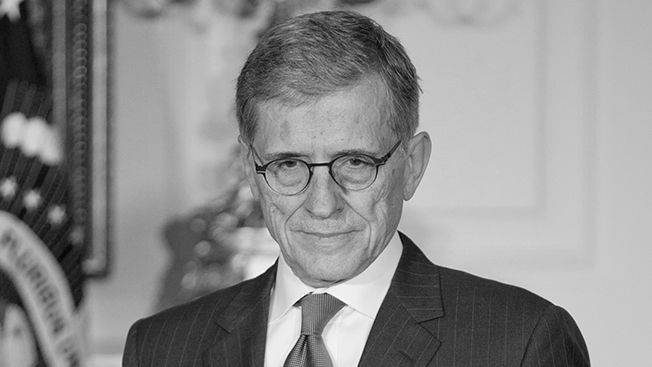Affordable online browsing might soon be a thing of the past.
Net neutrality, the idea that all internet traffic be treated equally, is for some reason opposed in some quarters. Big internet conglomerates like AT&T, Comcast and Verizon are pushing for legislation that would allow them to charge online services that require substantial amounts of bandwidth more — a dangerous precedent which would almost certainly lead to online services like Netflix being forced to charge more for their services.
Unsurprisingly, it’s we the consumers, or as we might as well be known, “the bottom of the food chain,” who’ll bear the brunt and burden of these internet traffic tolls. It’s little wonder that in the first week of November, protesters in more than 20 cities in the country rallied for net neutrality.
There’s an ongoing debate about the merits of net neutrality vs. those of the tiered system that’s being proposed in both our courts and our media. In truth, there should be no debate whatsoever and the fact that there is one is an indictment of us as a capitalist society. Despite the fact that analysis by the Sunlight Foundation, an open government advocacy organization, revealed that 99 percent of the population is in favor of net neutrality, a January US appeals court decision might have effectively put an end to equality on the internet.
The FCC, who were sued by Verizon to strike down rules ensuring all internet traffic is kept the same, claims an internet sans net neutrality would still be “fair and open.” The FCC, like the rest of us, know that won’t be the case.
Even though the effects will probably not be felt immediately, we will see a surge in price levels of the internet. Websites that are unable to pay the new internet traffic tolls will be boxed out, and some of our favorite content on the internet will be unfathomably difficult to access.
The nefariousness of the situation is clear for all to see. Internet behemoths like Comcast, which owns numerous internet streaming services as well as internet provision services, are simply trying to push their competitors out the game by either charging exorbitant amounts as “internet tolls” or by legally slowing down the websites of those who refuse to pay. Consumers will then have no choice but to say goodbye to their favorite independent websites.
The situation will inevitably lead to an imbalance of supply and demand, and a repetitious cycle of increasing and further increasing prices will follow. Pure monopolies might not be seen, but we will find ourselves in a market where consumers have little to no choice.
These inequities will not simply be restricted to entertainment or gaming, but will most likely extend to other sectors like education. If schools and universities use online curricula serviced by specific internet providers, then students who use those respective online providers will have a pronounced and unfair advantage over students who don’t.
Even at its most basic level, it’s clear why this is a debate we should not be having, but unfortunately are. Consumers should not be vulnerable to these sorts of bold-faced extortion tactics that are being employed by these unconscionably gluttonous internet providers.
The internet is resource that should be readily and equally available for all, and any argument to the contrary is equipped with ulterior motives. It’s nothing less than an absolute shame that we find ourselves having to debate this.

